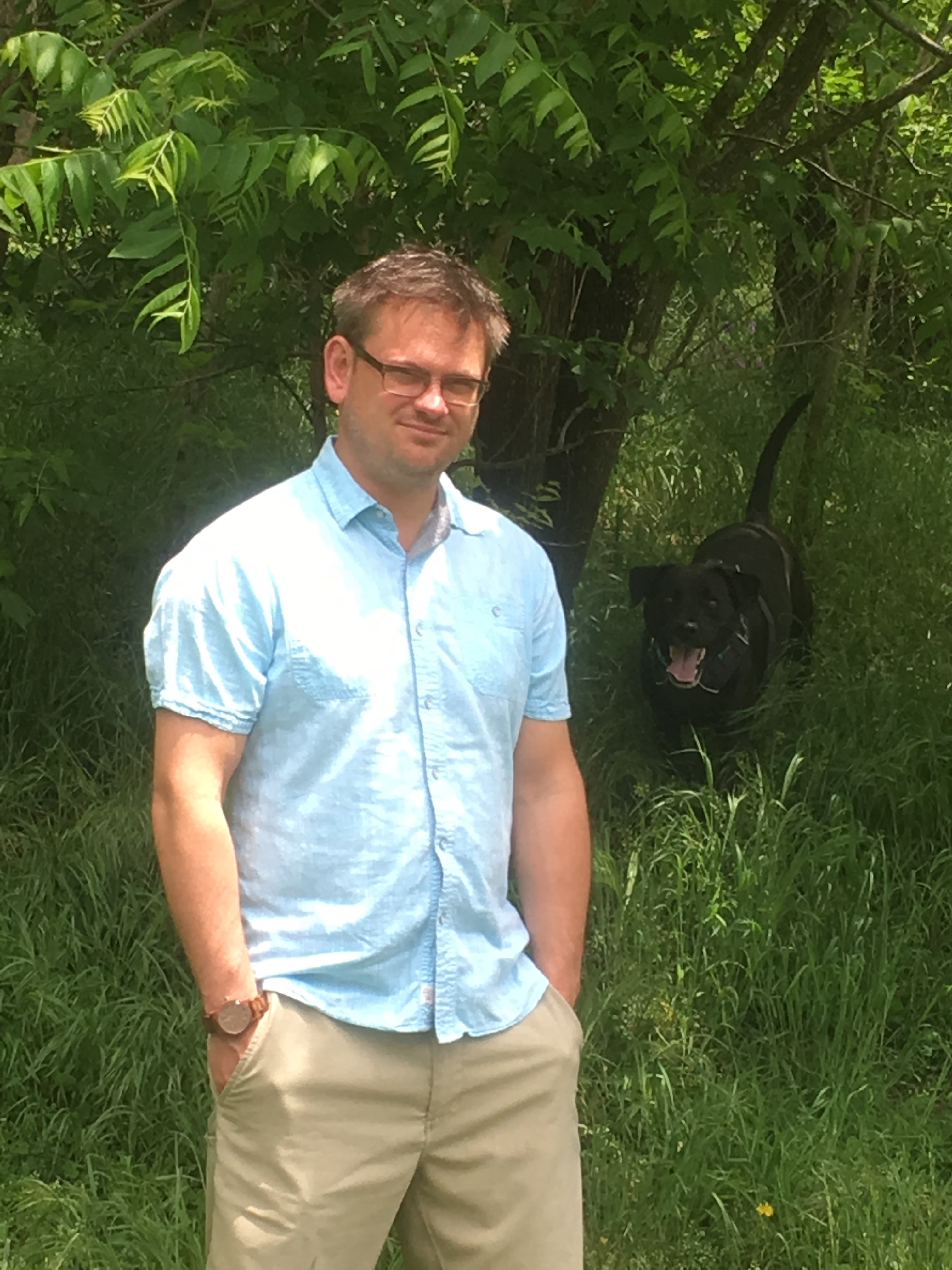How the peptidoglycan cell wall of Borrelia burgdorferi be used to diagnose, treat, and understand Lyme disease

Dr. Brandon Jutras
October 23 at 12:20pm via Zoom
Brandon Jutras has spent more than a dozen years studying the biology and pathogenesis of Borrelia burgdorferi—the causative agent of Lyme disease. After earning a Ph.D. at the University of Kentucky in B. burgdorferi genetics, Dr. Jutras shifted his focus towards cellular studies on the Lyme disease agent at Yale University, under the supervision of Christine Jacobs-Wagner. Here, seminal studies on the peptidoglycan cell wall of the B. burgdorferi lead to a fundamental understanding of how and when the bacterium grows, and how replication leads to the secretion of arthritis-inducing components. At Virginia Tech, the Jutras lab is expanding the initial work on the cell wall of B. burgdorferi, and using it as a tool to diagnose, understand, and treat Lyme disease.
Almost 400,000 Americans are infected with Lyme disease each year. Acute, mild illness can progress into late stage disease, which can cause arthritis, neurological complications, and carditis. The latter can be fatal. The causative agent—Borrelia burgdorferi—is an atypical spirochete that lacks many of the classical virulence factors associated with bacterial infections. We have discovered that Peptidoglycan (PG)— a mesh-like bag that protects the internal contents of the Borrelia burgdorferi cell— is released during growth. Upon release, PG can be detected in the synovial fluid at the site of inflammation in Lyme arthritis patients, months after acute infection. Not only does PG linger in the humans infected with B. burgdorferi, but PG alone is capable of causing arthritis in a mouse model. Virtually all bacteria produce PG, but, as it turns out, the chemical properties of the B. burgdorferi cell wall are extremely unique. In this seminar we will discuss the unique features of B. burgdorferi PG, and how we are exploiting these anomalies to diagnose, treat, and understand Lyme disease.
This seminar has no suggested readings.
Flyer not yet available.
This seminar will NOT be recorded.


